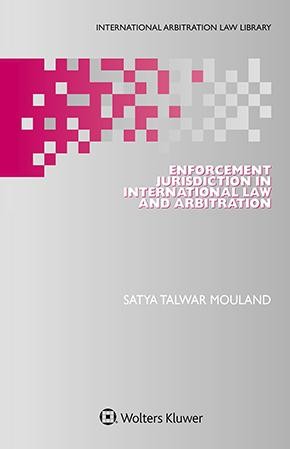
Enforcement Jurisdiction in International Law and Arbitration is a unique book examining and determining whether there is now a general principle of international law relating to enforcement jurisdiction in respect of international arbitration processes.
Enforcement jurisdiction lies at the heart of the international legal order. It is concerned with the power not merely to compel states to act but also to induce their compliance with state laws, or impose a sanction for violation of state laws. The author sheds light on the compelling insight that national courts exercise their enforcement jurisdiction in the public sphere, thereby contributing to the development of public international law.
Focusing on approaches to enforcement jurisdiction commonly shared across four representative states, the analysis compares the relevant case law of the United Kingdom, the United States, France, and Germany. Recognising the extent to which court practice is widespread, representative and consistent in these jurisdictions, the author offers an in-depth consideration of the following fundamental issues:
Considering that arbitral decisions and their review in courts often have effects beyond the discrete parties to the dispute, and thus cannot logically derive their full meaning from consent alone, they can be seen as a source of public international law norms on enforcement jurisdiction. This groundbreaking study provides detailed guidance for arbitration practitioners working in investor-State and commercial arbitration as to the scope of a court’s enforcement jurisdiction. In addition, it will assist in harmonising national courts’ approaches to enforcement jurisdiction worldwide.